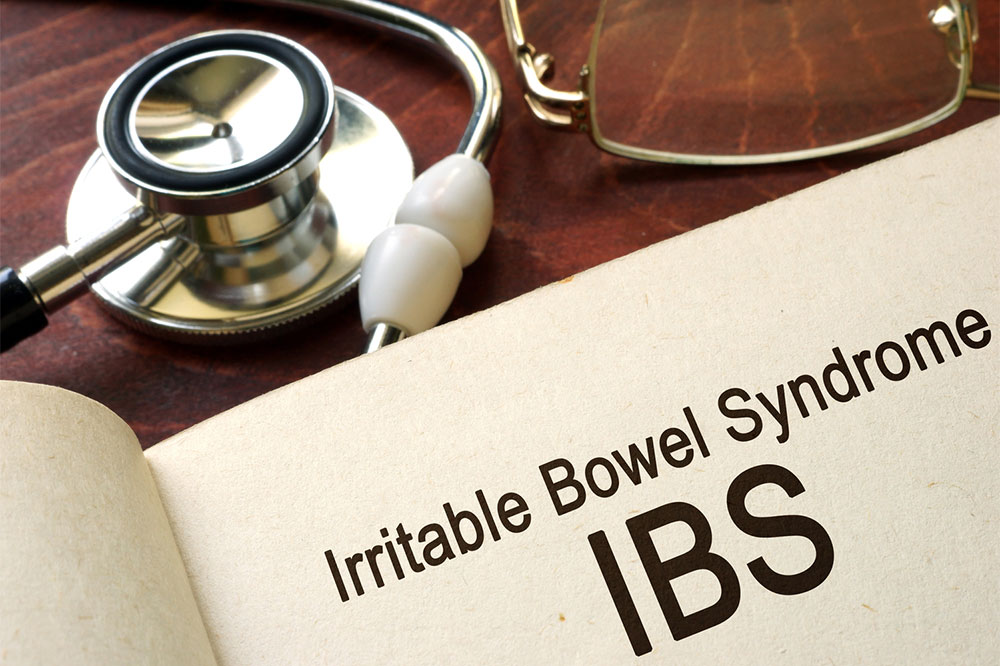Comprehensive Guide to Irritable Bowel Syndrome: Causes, Symptoms, and Effective Management Strategies
This detailed article explores Irritable Bowel Syndrome (IBS), covering its causes, symptoms, and management strategies. It provides insights into dietary triggers, lifestyle changes, and medical options to help sufferers improve their quality of life. Understanding IBS's complexity enables patients to better control their condition through personalized treatment plans, dietary adjustments, and stress management techniques. An essential guide for those seeking to learn about this common digestive disorder and how to effectively alleviate its symptoms for a healthier, more comfortable life.

Comprehensive Guide to Irritable Bowel Syndrome: Causes, Symptoms, and Effective Management Strategies
Irritable Bowel Syndrome (IBS) stands out as one of the most common yet complex functional gastrointestinal disorders worldwide. Characterized by persistent or recurrent symptoms such as abdominal pain, bloating, cramping, diarrhea, and constipation, IBS significantly impacts millions of people's daily lives. Despite its prevalence, many individuals remain unaware of the root causes, effective management methods, or how lifestyle and dietary modifications can alleviate symptoms. This extensive guide aims to provide a detailed understanding of IBS, explore its triggers, signs, and symptoms, and offer practical strategies for managing this chronic condition effectively.
Persistent bloating and abdominal distension
Frequent episodes of diarrhea or constipation or alternating patterns
Abdominal cramps and discomfort
Presence of mucus in the stool
Feeling of incomplete bowel movements
While generally not dangerous in terms of tissue damage or cancer risk, severe symptoms like unintended weight loss, ongoing pain, or rectal bleeding require urgent medical evaluation. Recognizing these warning signs is crucial for timely and appropriate treatment.
Understanding the causes of IBS involves delving into a variety of factors, including dietary habits, gut motility, microbiota balance, stress levels, hormonal influences, and neurological interactions within the digestive system. Researchers suggest that IBS may result from a hypersensitive gut that reacts to stimuli excessively or from disruptions in the normal functioning of the intestines. Some of the most common triggers include:
Consumption of spicy, fatty, or dairy-rich foods
Fibrous vegetables such as cabbage, broccoli, and Brussels sprouts
High-stress levels or psychological stress
Hormonal fluctuations, especially during menstruation
Gastrointestinal infections or bacterial overgrowth
Changes in routine or travel-related disruptions
Micronutrients and dietary choices play vital roles in managing symptoms. Many patients find relief by adopting specific dietary plans, such as low FODMAP diets, which reduce fermentable carbohydrates that can aggravate IBS symptoms. Additionally, implementing stress reduction techniques like mindfulness, yoga, or therapy can improve gut-brain communication, reducing symptom severity.
IBS commonly affects individuals under 45 years of age, with women being more vulnerable than men, likely due to hormonal influences. Though it does not cause lasting damage, the chronic nature of IBS can lead to emotional distress, reduced productivity, and decreased quality of life if not managed properly. Therefore, a comprehensive approach involving medical consultation, dietary modifications, psychological support, and lifestyle changes is essential.
In conclusion, while IBS remains a complex condition without a universal cure, effective symptom management is achievable through personalized treatment plans. Patients are encouraged to monitor their diet, manage stress, maintain healthy routines, and seek medical advice for persistent or worsening symptoms. Staying informed about advances in gastrointestinal research and emerging therapies can empower patients to take control of their health and improve their overall well-being.





